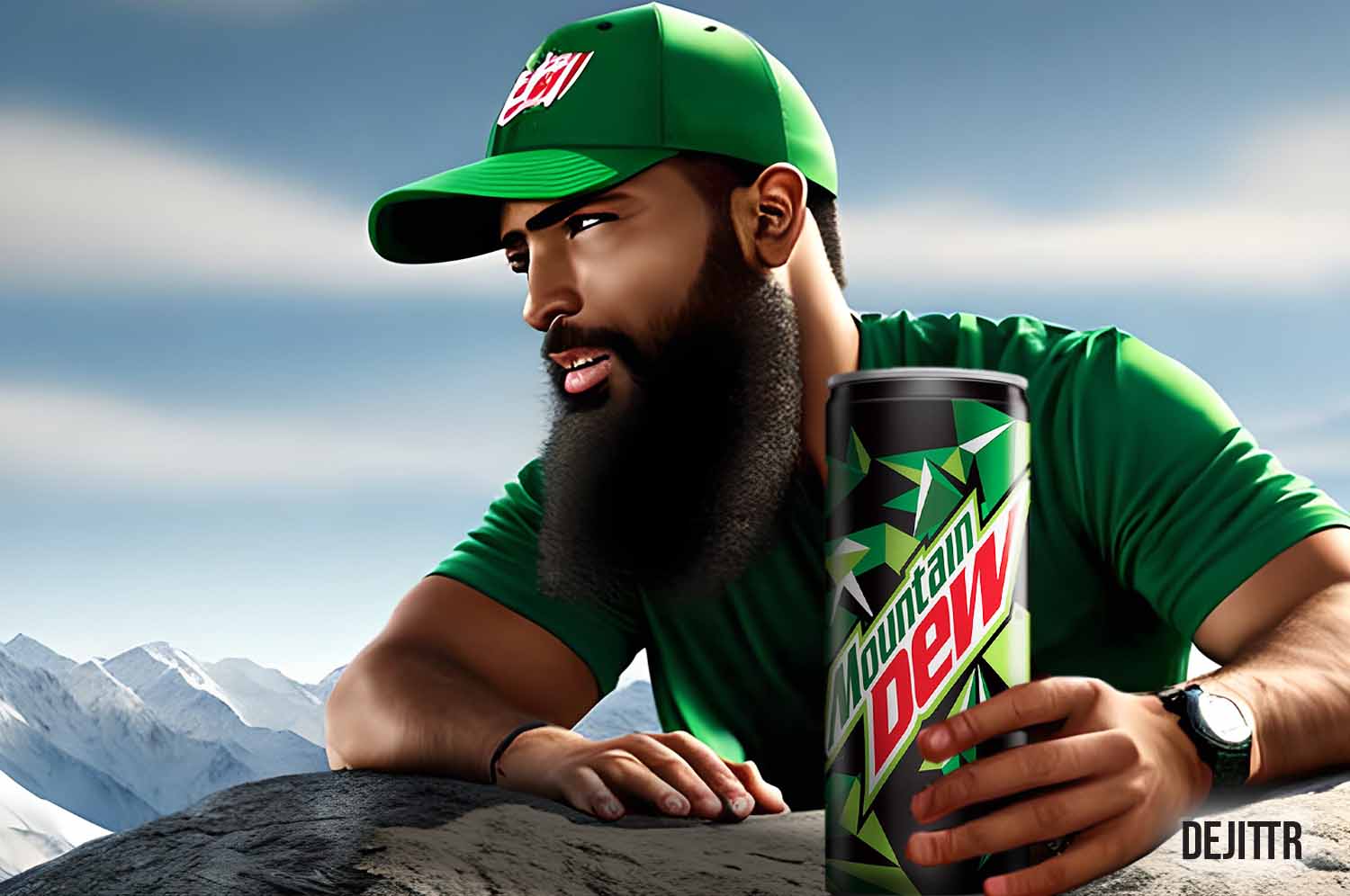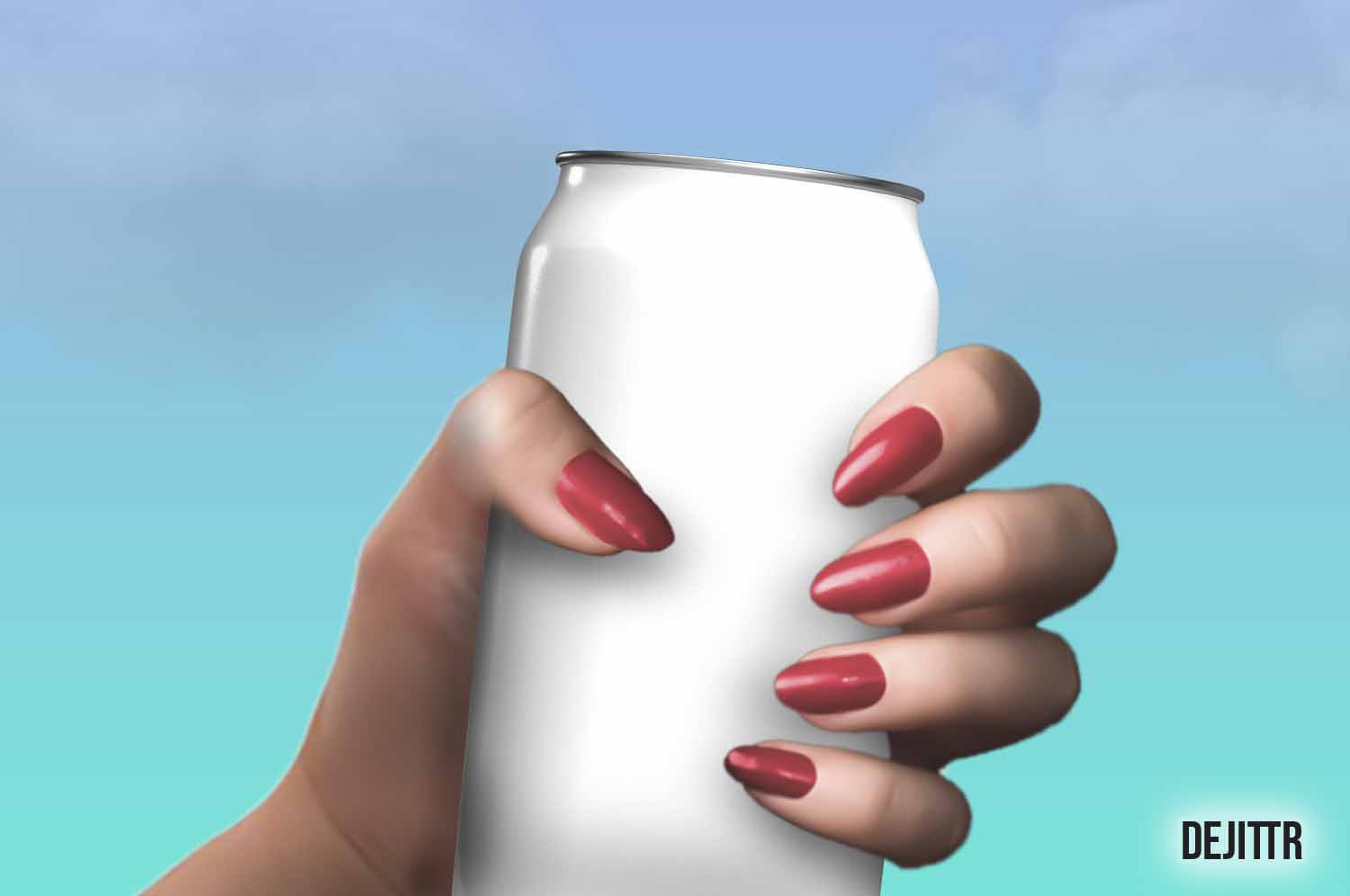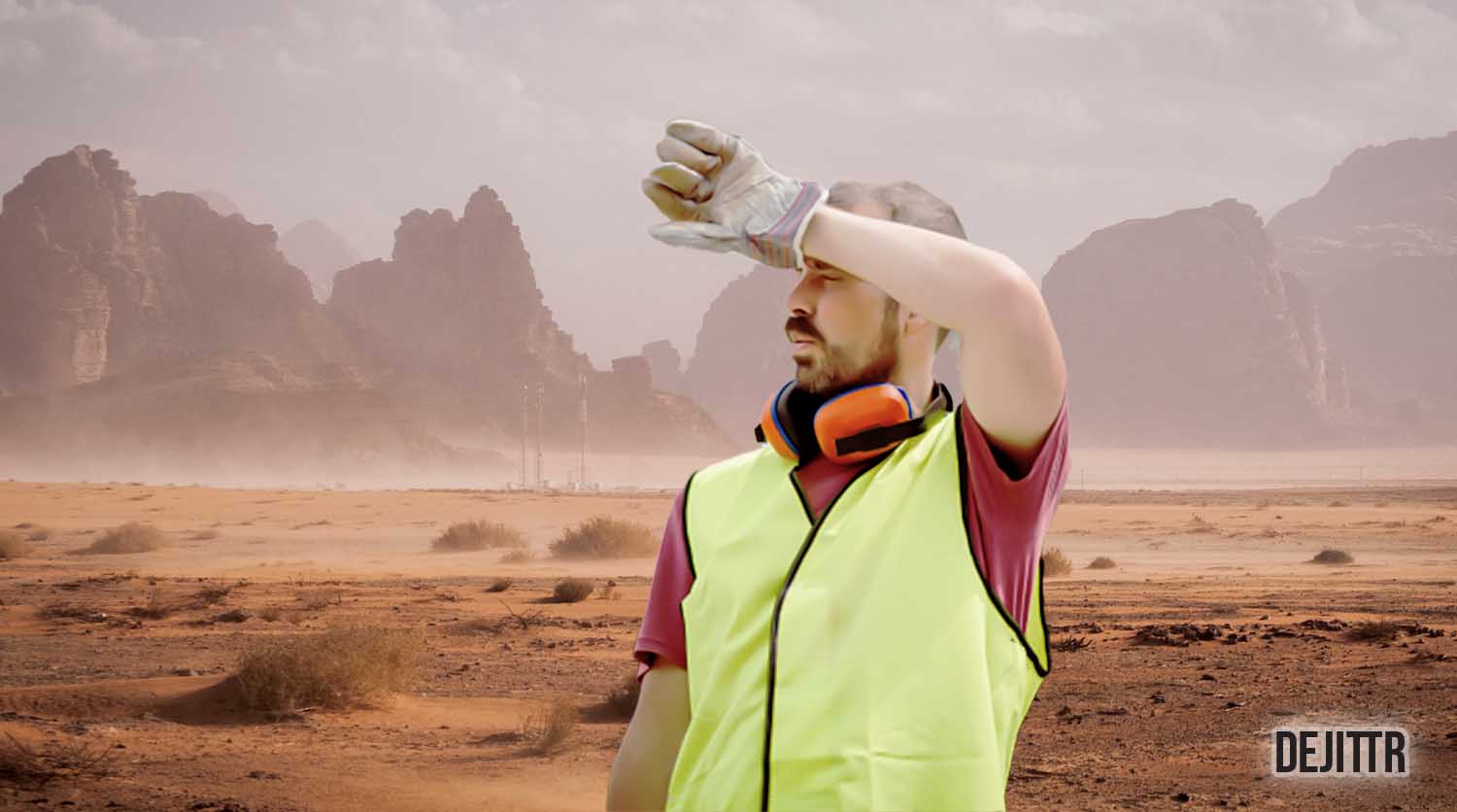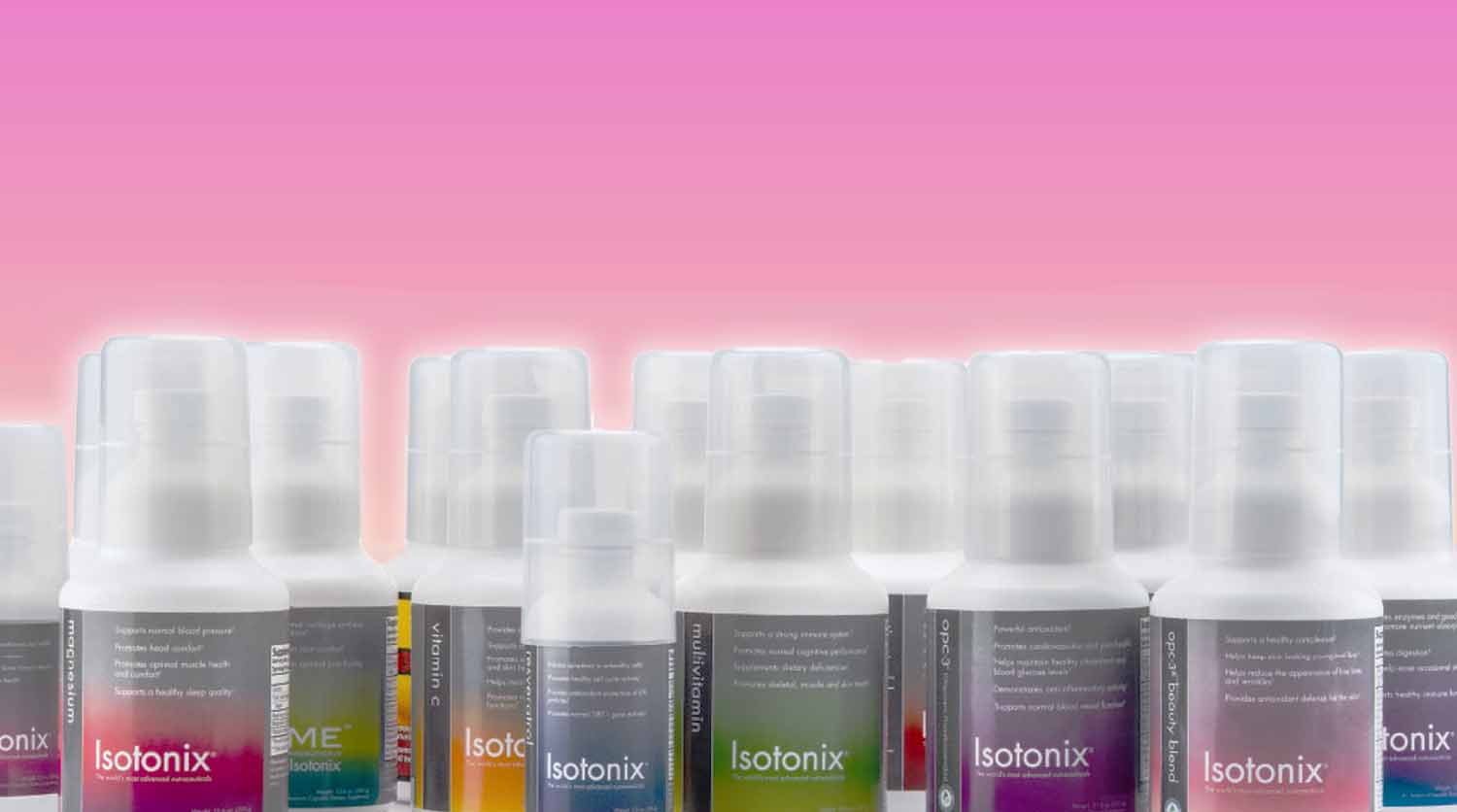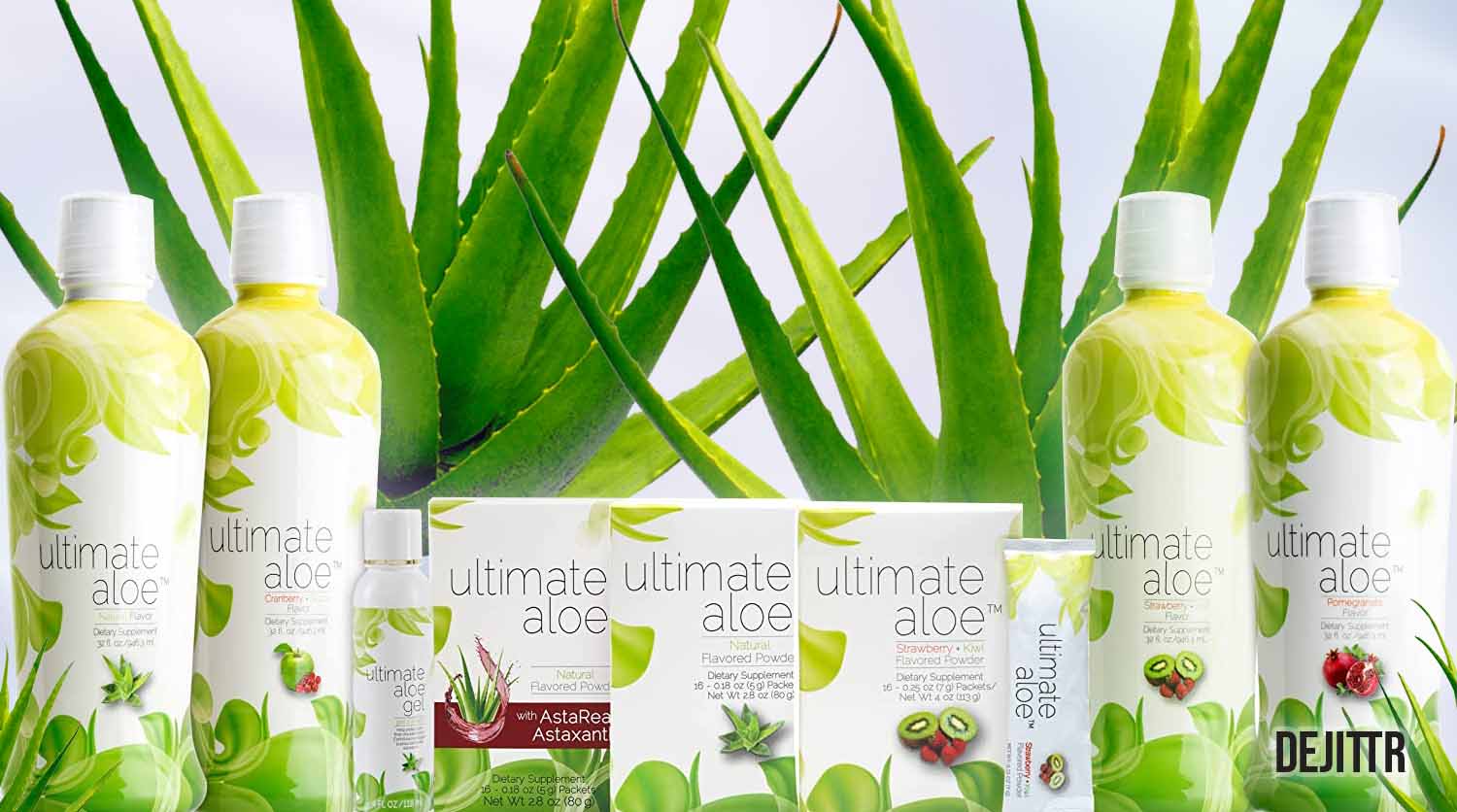Mountain Dew is a popular carbonated soft drink owned by Pepsi-Cola company (Yes the same company that makes Pepsi).
It’s known for its bright green color and unique citrus flavor, and it has a loyal following among soda enthusiasts. But over the years, there has been some debate about whether Mountain Dew is an energy drink. In this article, we’ll explore the ingredients and claims surrounding Mountain Dew to determine whether it qualifies as an energy drink.
Key Takeaways:
Mountain Dew is not typically considered an energy drink, but it does contain some ingredients commonly found in energy drinks, such as caffeine. The company also has energy drink products, such as Mountain Dew Game Fuel, MTN DEW ENERGY, and Mountain Dew Kickstart, that are marketed as energy drinks. Ultimately, whether or not you consider Mountain Dew to be an energy drink may depend on your personal definition of the term.
What is an Energy Drink?
Before we can answer the question of whether Mountain Dew is an energy drink, we need to define what an energy drink is.
Generally speaking, an energy drink is a beverage that contains ingredients that are intended to provide a temporary boost of energy or alertness. These ingredients may include caffeine, taurine, guarana, B vitamins, and other stimulants. You can typically find these ingredients in Red bull, Monster, Rockstar, and other brands of energy drinks.
The Ingredients in Mountain Dew
When we look at the ingredients in Mountain Dew, we can see that it does contain some ingredients that are commonly found in energy drinks. For example, a 20 oz. bottle of Mountain Dew contains 91mg of caffeine, which is similar to the amount of caffeine in a 12 FL OZ can of Red Bull or Monster Energy. Mountain Dew also contains high fructose corn syrup, which is a source of quick energy, and it contains several different types of food dyes and artificial flavors.

However, Mountain Dew does not contain some of the other ingredients that are typically found in energy drinks. For example, it does not contain taurine, guarana, or any of the other common energy drink ingredients. Additionally, Mountain Dew does contain some ingredients that are not typically found in energy drinks, such as concentrated orange juice and sodium benzoate.
List of Ingredients
Carbonated Water
High Fructose Corn Syrup
Concentrated Orange Juice
Citric Acid, Natural Flavor
Sodium Benzoate (Preserves Freshness)
Caffeine
Sodium Citrate
Erythorbate Acid (Preserves Freshness)
Gum Arabic
Calcium Disodium Edta (To Protect Flavor)
Brominated Vegetable Oil
Yellow 5.
Mountain Dew Energy Drink Products Compared
| Comparison | Mountain Dew Game Fuel | MTN DEW ENERGY | Mountain Dew Kickstart |
| Can Size | 16oz | 12 oz | 16 oz |
| Calories | 90 | 25 | 40 |
| Sugar | 23 g | 4 g | 16 g |
| Caffeine | 90 mg | 180 mg | 92 mg |
| Electrolytes | 180 mg (Sodium) | 170 mg (Sodium) | 170 mg (Sodium) |
The Claims Made by Mountain Dew
Another way to determine whether Mountain Dew is an energy drink is to look at the claims made by the manufacturer. In general, companies that market energy drinks will emphasize the energizing effects of their products and will use language that suggests that their products are intended to boost energy or alertness.
When we look at the marketing for Mountain Dew, we can see that the company does not emphasize the energizing effects of the product. Instead, they focus on the flavor and the brand’s association with extreme sports and outdoor activities. While there are certainly ads that depict people drinking Mountain Dew in high-energy situations, these ads do not make explicit claims about the energizing effects of the product.
Does Mountain Dew Have an Energy Drink?
Yes, Mountain Dew has an energy product called “Mountain Dew Game Fuel”. Mountain Dew Game Fuel is marketed as a beverage designed specifically for gamers, and it contains ingredients commonly found in energy drinks, such as caffeine and taurine. Game Fuel also contains a blend of vitamins, including vitamins A and B, and it comes in several different flavors. Unlike regular Mountain Dew, Game Fuel is sold in 16 oz. cans and is marketed as an energy drink rather than a soda.
MTN DEW ENERGY is another product from Mountain Dew that is marketed as an energy drink. It comes in a 16 oz. can and contains several ingredients commonly found in energy drinks, including caffeine, taurine, and a blend of B vitamins. MTN DEW ENERGY also contains real fruit juice, which sets it apart from other energy drinks that often use artificial flavors and sweeteners. The drink comes in four different flavors: original, cherry, tropical, and berry. MTN DEW ENERGY is intended to provide a temporary boost of energy and alertness, and it’s marketed towards people who need an extra boost to get through their day or to power through an intense workout.
So if love Mountain Dew, but looking for something that’s is similar to a Red Bull than Game Fuel or MTN DEW ENERGY are 2 products to consider.
Mountain Dew vs. MTN DEW ENERGY vs. Red Bull
| Comparison | Mountain Dew | MTN DEW ENERGY | Red Bull |
| Can Size | 12 oz | 12 oz | 12 oz (also comes in 8 & 16 oz) |
| Calories | 170 | 25 | 160 |
| Sugar | 46 g | 4 g | 38 g |
| Caffeine | 54 mg | 180 mg | 114 mg |
| Electrolytes | 60 mg (Sodium) | 170 mg (Sodium) | 150 mg |
MTN DEW ENERGY and Red Bull are both energy drinks that contain caffeine and other ingredients intended to provide a temporary boost of energy and alertness. However, there are some differences between the two products. MTN DEW ENERGY contains real fruit juice, while Red Bull does not. Red Bull contains taurine, an amino acid that is not found in MTN DEW ENERGY. Additionally, MTN DEW ENERGY has a higher concentration of caffeine per serving than Red Bull.
Conclusion: Is Mountain Dew an Energy Drink?
So, is Mountain Dew an energy drink? Based on the ingredients and the claims made by the manufacturer, it’s difficult to say definitively. While Mountain Dew does contain some ingredients that are commonly found in energy drinks, it does not contain some of the other key ingredients, and the manufacturer does not emphasize the energizing effects of the product in its marketing.
Ultimately, whether you consider Mountain Dew to be an energy drink may come down to your own personal definition of the term. If you believe that any beverage that contains caffeine qualifies as an energy drink, then Mountain Dew certainly fits the bill. However, if you believe that energy drinks should contain a specific combination of ingredients and make specific claims about their effects, then Mountain Dew may not meet your criteria.


